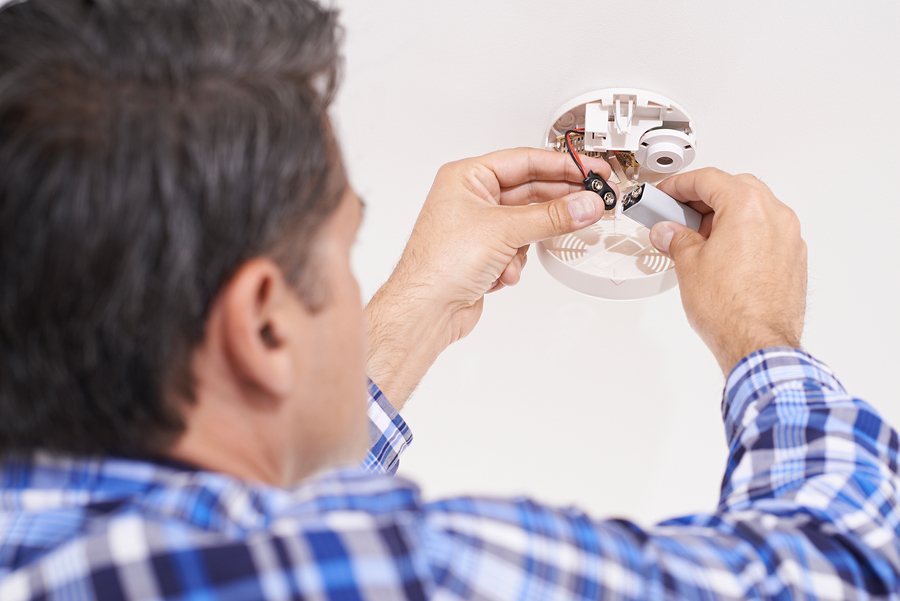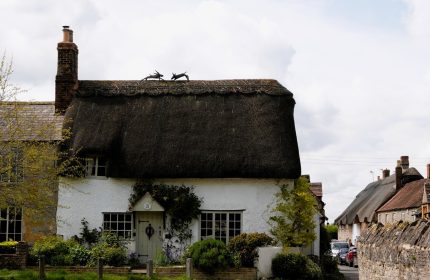Protecting your home against fire
Knowing what to do in the event of a fire can save your life and help protect your most precious belongings.
Visit virtually any public place and you’ll notice there are detailed plans about what to do if a fire breaks out; the same should be true for your home. Here’s our top tips on how to do it.
Buy a smoke alarm
Simple, inexpensive and effective, smoke alarms are one of the best ways we can keep our homes and families safe. Every year in the UK 90 people die in fires because their smoke alarm batteries have run out – making sure you have smoke alarms installed and working in your home is essential. Test your batteries regularly and make a point of replacing them once or twice a year; a good time to remember to do it is on the day the clocks change.
Plan an exit route
Take a moment to plan an exit route from your home and make sure everyone in your family is aware of what to do – especially small children. Make sure you’re aware of the most direct route out of the house and have a second choice in mind in case an exit is blocked or poses a safety risk.
Keep window and door keys accessible
Locking windows and doors is essential for home security but can be a safety risk in case of fire. Make sure window and door keys are easily accessible in each room and guests know where they can be found.
Watch the wiring
Faulty electrics and electrical appliances are a major cause of home fire. Keep an eye out for tell-tale signs there could be a problem. If you have fuses that blow for no reason, find brown scorch marks on sockets or plugs or have any hot plugs and sockets around the home there could be a wiring problem. Contact your local electrician to check wiring regularly and if possible have your electricity box fitted with a circuit breaker so if a fault develops in future the electricity will cut out to keep you safe.
Watch for fire risks
Unattended cookers, candles and old cigarettes are among the most common causes of fire in the home. Never leave a candle burning when you are not in the room – or better yet, switch to battery-operated flameless candles. Empty ashtrays regularly and never smoke in a chair if there is a risk you could doze off. Stub out cigarettes and pipes fully and keep matches and lighters out of reach of young children.
Insure your home
A good buildings and contents insurance policy will cover you in the event of a fire at home and make it possible to rebuild after any damage and replace your belongings.
Disclaimer
The contents of this article are for reference purposes only and do not constitute financial or legal advice. Independent financial or legal advice should be sought in relation to any specific matter. Articles are published by us without any knowledge or notice of the circumstances in which you or anyone else may use or rely on articles or any copy of the information, guidance or documents obtained from articles. We operate and publish articles without undertaking or accepting any duty of care or responsibility for articles or their contents, services or facilities. You undertake to rely on them entirely at your own risk, and without recourse to us. No assurance of the quality of articles is given or undertaken (whether as to accuracy, completeness, fitness for any purpose, conformance to any description or sample, or otherwise), or as to the timeliness of the publication.





















